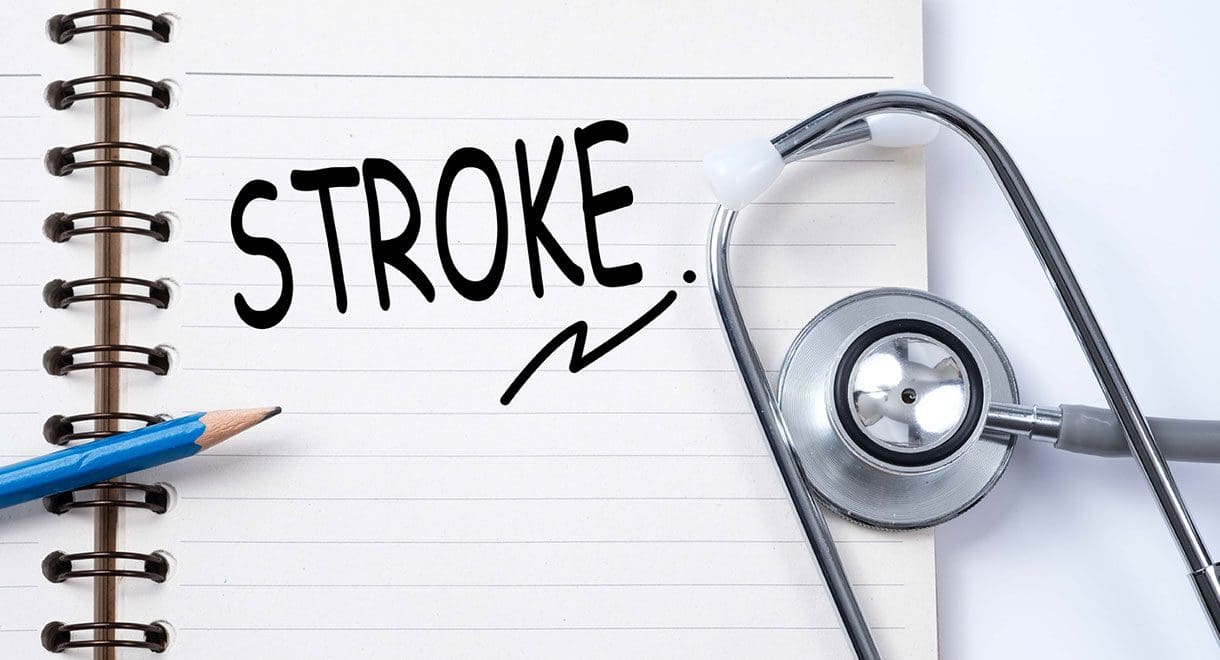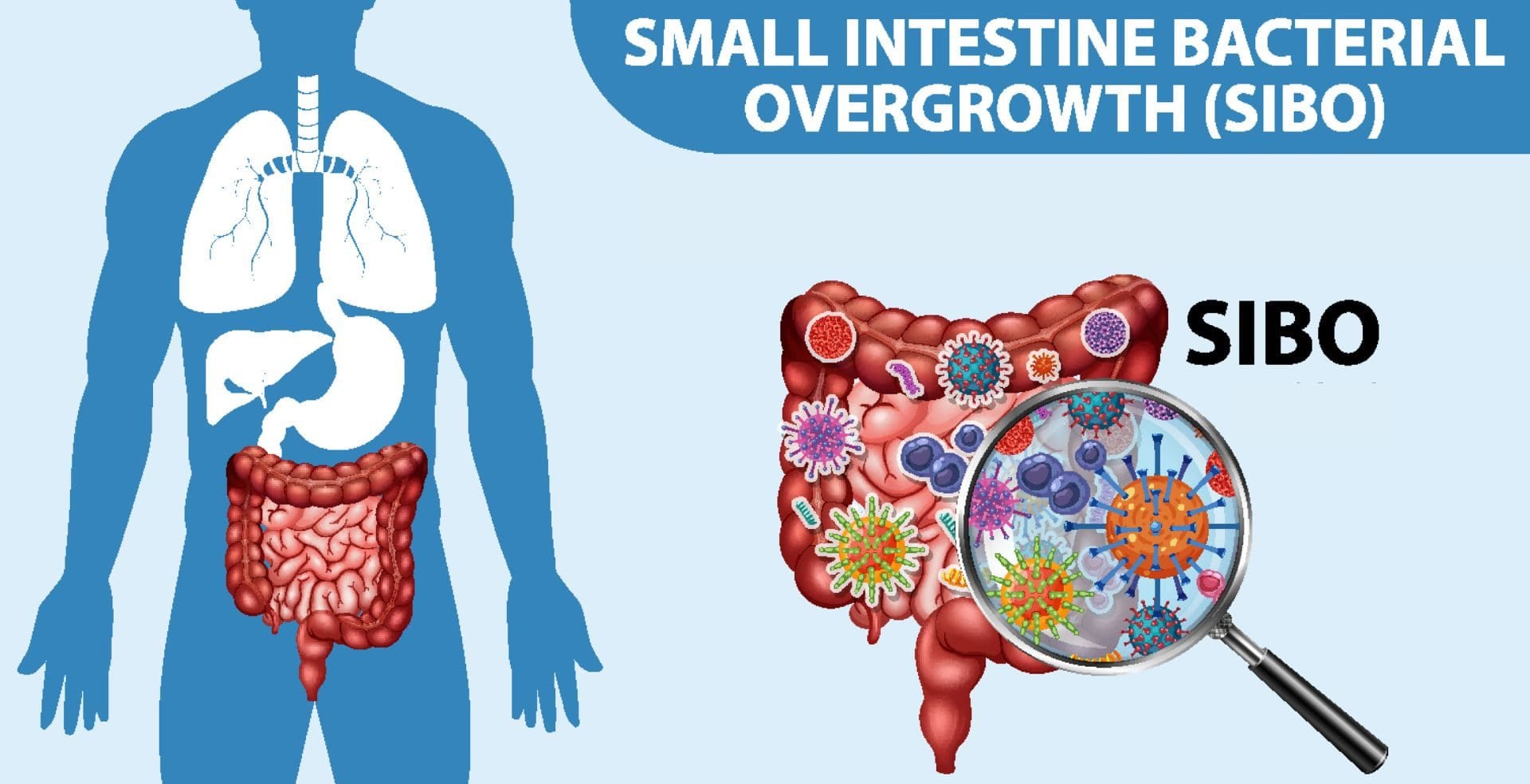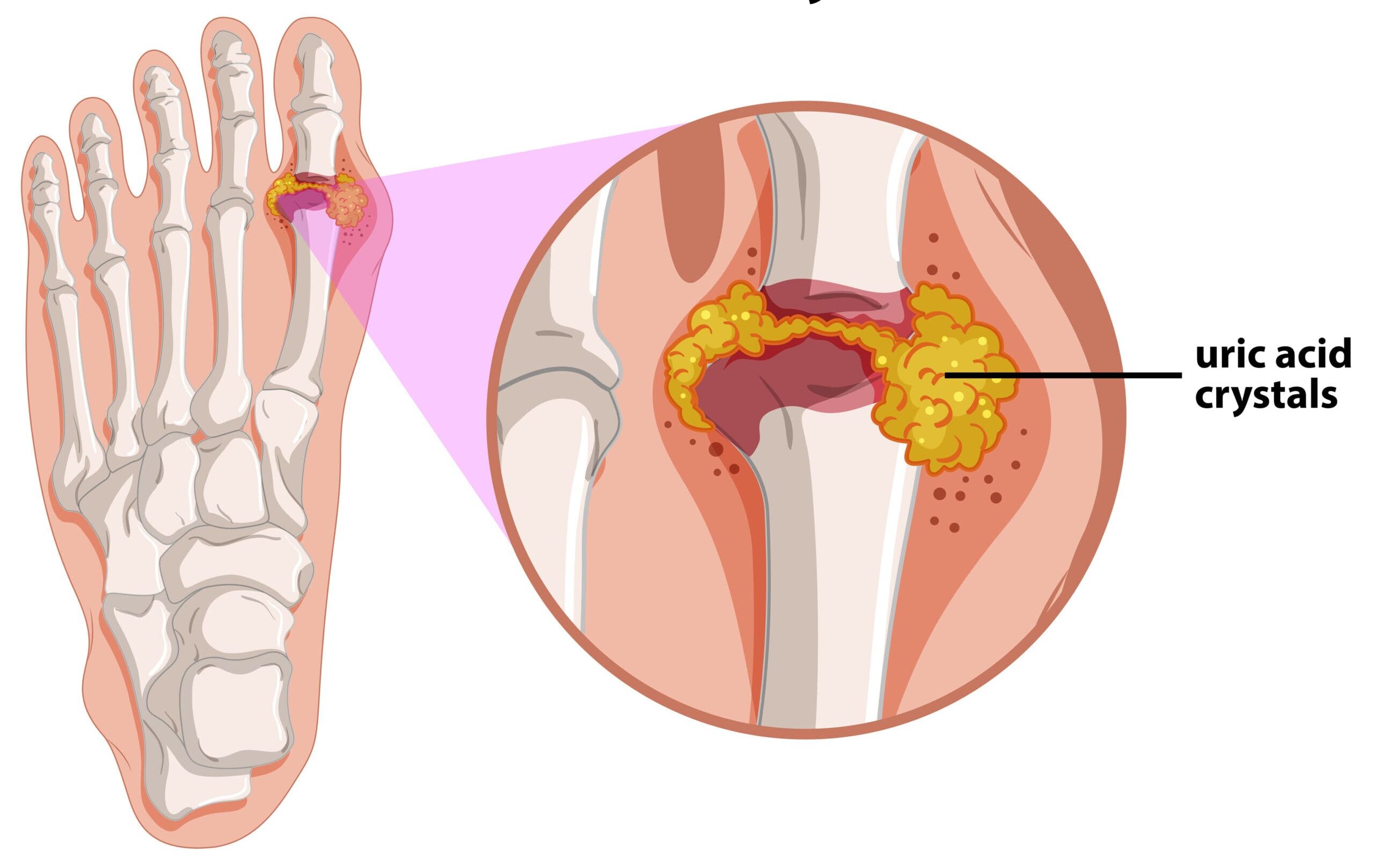Fatty liver increases risk of stroke
By naturopath Margaret Jasinska
A medical journal has recently reported that people with non-alcoholic fatty liver are at significantly increased risk of having a stroke. Canadian doctors have found that patients admitted to hospital with suspected stroke were three times more likely to have elevated liver enzymes caused by fatty liver. The doctors suggest that elevated liver enzymes and fatty liver disease be included to the list of known risk factors for stroke.
The traditional stroke risk factors include high blood pressure, obesity, cigarette smoking, diabetes and high cholesterol. Now we can add fatty liver to that list.
This “news” is not really news at all because we know that if a person has excess fat accumulated inside their liver, they also have excess fat in other parts of their body. Fatty liver is an indicator that excessive levels of harmful fat are accumulating inside your body, choking your organs and tissues and compromising their function. People with excess fat in their liver usually also have excess fat in their pancreas (fatty pancreas) and excess fat within arteries that travel to the heart and brain. Excess fat also accumulates around the heart, compromising its ability to pump blood.
Fatty liver is the most common liver disease in the world; it affects at least one in five people in the Western world. The problem is, the majority of people with a fatty liver are not concerned by it and not motivated to do anything about it. This is because fatty liver often produces no symptoms at all, or the symptoms are very mild. People with a fatty liver are usually overweight in their abdominal area, they may be tired and bloated and feel intolerant of the heat. Women with a fatty liver often suffer debilitating hot flushes at menopause but put the symptom down to a lack of hormones and take HRT (Hormone Replacement Therapy). This usually fixes the hot flushes but increases the risk of breast, endometrial and ovarian cancer. It is much healthier to just address the cause of the problem: a fatty liver.
If people become more aware that a fatty liver is a major risk factor for strokes, heart attacks and diabetes, hopefully they will be more motivated to try and reverse it. The good news is fatty liver is reversible in the vast majority of cases; you just have to know which eating plan is best. Dr Cabot’s book Fatty Liver: You Can Reverse It contains a comprehensive plan to help you achieve just that.









Leave A Comment